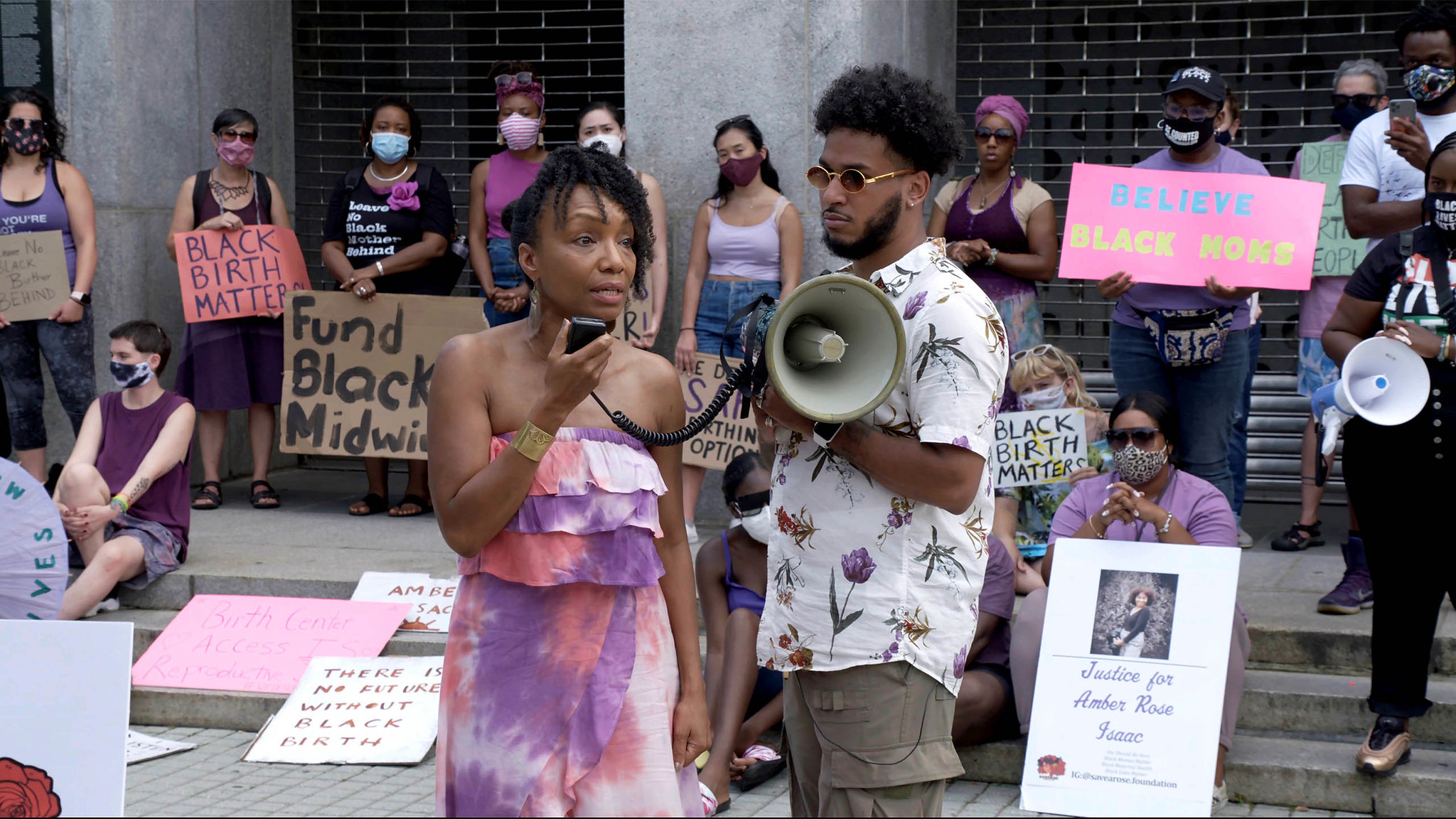Brainwashed: Sex-Camera-Power
(USA, 105 min)
Dir. Nina Menkes
Programme: Premieres (World Premiere)
In 2018, director Nina Menkes presented a cinematic talk at the Cannes Film Festival called, Sex and Power, the Visual Language of Oppression. Along with journalist Liza Foreman, the two discussed cinema’s causal link to the revelations made at the beginning of the #MeToo movement in 2017.
Menkes has repurposed this talk into a new documentary, Brainwashed: Sex-Camera-Power. Using clips from over 200 films, Brainwashed breaks down how for decades film has perpetuated misogynistic and sexist ideals in society. But rather than simply offering a critique and commentary, Menkes analyzes the male gaze in an academic fashion.
Working her way through “The List”, Menkes considers how women are depicted in film through: Subject/Object, Framing, Camera Movement, Lighting, and Narrative Position. In each section, Menkes takes clips from films (old and new) and breaks down scenes, sometimes offering alternative suggestions for how the shot could have been filmed to avoid unnecessarily demeaning an actress.
Many of her arguments are hard to disagree with and are well thought out. She considers how actresses are often shot in fragments, focusing on body parts rather than the whole (think of Scarlett Johansson’s introduction in Lost In Translation), or subjected to slow-motion panning that lingers over their shape (as with Halle Berry’s Die Another Day entrance). She contrasts this with how men, even when portrayed as sex objects, are shot in active situations (e.g. Top Gun’s shirtless volleyball scene and the military-styled strip teases of Magic Mike). Giving viewers the impression that a female character’s “job” in the film is to simply look good, much like the set design, is clearly not great.
Menkes also considers the greater effects of misogyny and sexism. She examines how Hollywood has promoted rape culture in movies like Gone with the Wind where Scarlett ultimately surrenders to Rhett’s advances happily, despite them being forced upon her. She also uses films like Lolita and American Beauty to demonstrate the societal obsession with sexualizing youth.
In addition to the film clips and Menkes’ lecture, Brainwashed includes insightful interviews from directors, actresses, and film theorists such as Laura Mulvey, who is credited with coining the term “male gaze” back in the ‘70s. One of the most poignant remarks made in the film is from Mulvey when she, rather morosely, discusses how surprised she is by how little progress has been made.
Brainwashed is not a debate. Menkes pointedly doesn’t present an antithesis because there isn’t one. However, there are nuances to the subject that Menkes ignores.
For instance, Menkes uses a shot from the opening scene of Julia Ducournau’s Titane. The film’s protagonist, Alexia, is dancing atop the hood of a car wearing gold fishnet stockings and matching hot pants. In this particular shot, Alexia is on her back, her legs spread wide, and her crotch on display. The camera takes the male gaze, centering the frame on her groin in a close-up shot, which is Menkes’ point of contention. But this willfully ignores Ducournau’s point of co-opting the male gaze as a part of her storytelling, which is evident in the rest of Titane.
In the same vein, Menkes chooses not to discuss filmmakers like Janicza Bravo who took great care in representing the female form in Zola — fragmented shots of body parts and all. Zola, a film about two female sex workers, showed the dangers of the profession, and also contained beautiful expressions of sex positivity with the two women finding strength and confidence from their sexuality. So while Menkes’ arguments about the camera and male gaze are important, not taking into consideration how filmmakers have reappropriated the gaze, fails to tell the whole story.
And rather curiously, there is also a lack of meaningful discussion about how women of colour and white women are not sexualized, fetishized, and infantilized in the same manner. When deep-seeded sexism is mixed with racially charged biases, women of colour experience exploitation and violation in an entirely different way that is seldom addressed—and not in this film.
Brainwashed covers a lot of ground, including lack of female representation behind the camera. It would be nearly impossible for a film to cover every aspect of this topic. However, the failure to regard the situation with complexity and ignoring some pretty significant areas of discourse, makes Brainwashed feel like a starting point, rather than the authoritative statement Menkes believes it to be.
Brainwashed premiered at the 2022 Sundance Film Festival.













